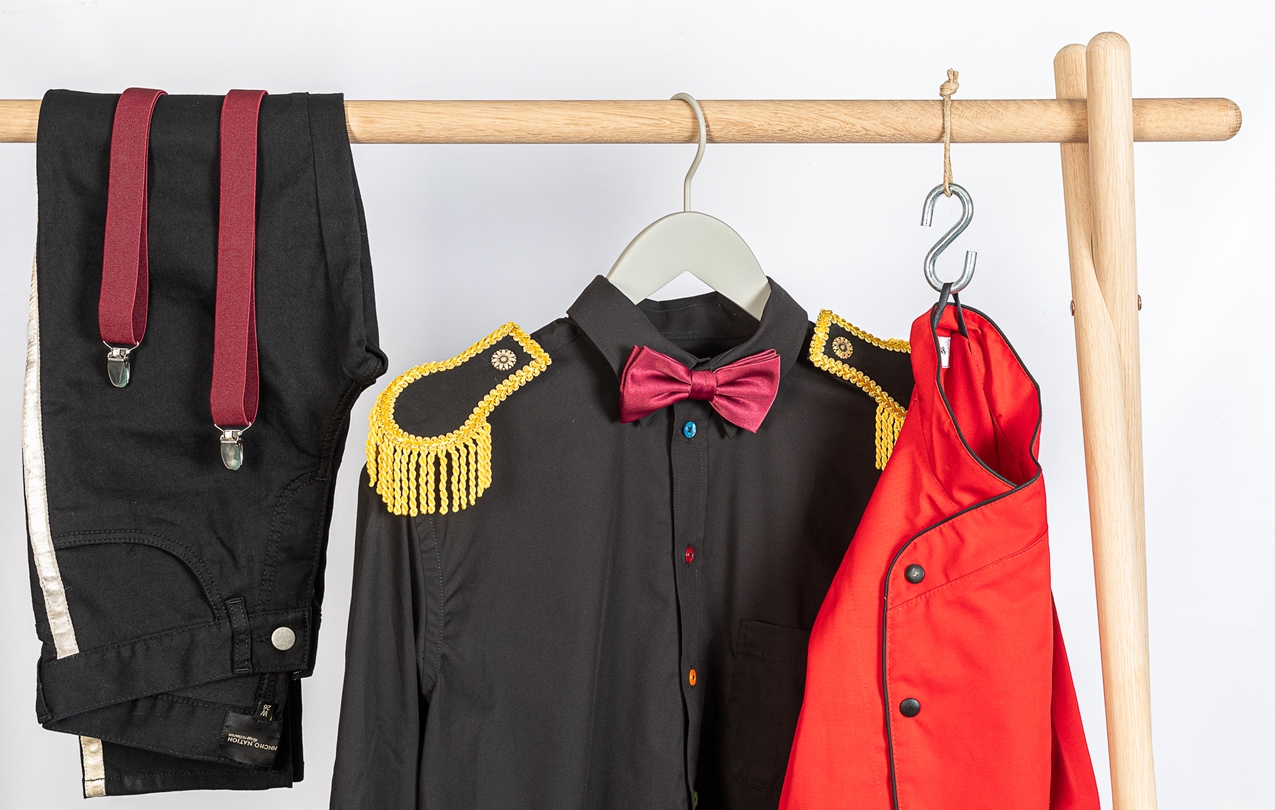Material guide: Textiles.
Below you will find a guide to the different materials in which our work clothes are made.
Below you will find a guide to the different materials in which our work clothes are made.
The material in our clothing is made of natural fiber or artificial fiber. Natural fibers come from the plant kingdom or animal kingdom, while rtificial fibers, just as the name suggests, are produced artificially.
Natural fiber clothing has a higher tendency to shrink compared to clothing produced from artificial fiber. This because the natural fibers tends contract to their natural state when they come in contact with heat (for example, washing). For example, untreated cotton can shrink between 10-15%. This can be good to take into account when buying clothes in natural fiber.
Artificial fiber materials only shrinks marginally, as the fibers are artificially made. The best way to make the clothes keep their shape, size and color is to carefully follow the washing instructions.
Natural fibers comes from the plant kingdom or animal kingdom, whereas artificial fibers, as the name suggests, are artificially produced.
Natural fiber clothing has a higher tendency to shrink than artificial fiber clothing. This is due to the fact that natural fibers like to contract themselves to their natural state when they come into contact with heat (for example, laundry). Untreated cotton can, for example, shrink between 10-15%. This may be useful when you buy natural fiber clothes.
COTTON - Extends the most common clothing material and easily absorbs moisture while at the same time it can withstand washing at high temperatures.
LIN - A durable and fairly stiff fabric, but often feels cool and nice in warmth. Linen wrinkles easily and therefore usually requires ironing after washing.
SILK - is a thin fabric that should be handled with care and also tends to wrinkle easily. The material is sensitive to abrasion, light and sweat and should therefore be used with caution.
WOOL - Keep the heat well, even when the material is wet. The fat lanolin used in wool is dirt repellent, which means that wool garments do not need to be washed very often (to warn the garment most often). Merino wool is the wool type most commonly used in underwear and sweaters.
Material in artificial fibers usually shrinks only marginally when the fibers are artificially manufactured. The best way to keep your clothes fit, size and color is to carefully follow the laundry instructions in the garment.
ACRYLIC - resistant light very good and therefore fits well with clothes for outdoor use. However, the material is sensitive to heat, which should be considered when washing and ironing.
ELASTAN - Elastan, or lycra, is an extensible material used in bathing suits, underwear and socks.
NYLON - Nylon or polyamide is a strong and elastic material that dries quickly and does not absorb moisture. The material does not wrinkle and has high heat resistance. The material is commonly used in protective clothing.
POLYESTER - is one of the most common materials in our clothes and is a strong and elastic fiber with high formability. Viscose is soft and the fabric breathes well and keeps the color fine.
MICROFIBER - is a blend of polyester and polyamide and is interwoven to allow the material to breathe comfortably.
Faitrade Bomull är en produktmärkning som syftar till att förbättra arbetsförhållanden och villkor för odlare och anställda i utvecklingsländer genom rättvis handel.
OEKO-TEX Standard 100 is an independent testing and certification system for textile products. The material is tested so that there are no prohibited substances and substances in the textile. The more intensive contact between the skin and the product, the higher the requirements must be met. In order to be certified by the standard, all the components in the product must meet the requirements of the respective product classes.
Let us help you with promotional clothing for your business. We help you with everything from the graphic work, product until you've finished product. We turn to all industries and our product knowledge is high. Do not hesitate to send in your inquiry and we will return with cost estimates.
See products

